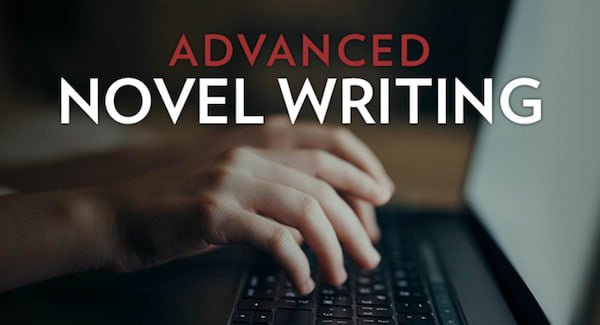Writing Mistakes Writers Make: Starting at the Beginning
Everyone makes mistakes—even writers—but that’s OK because each mistake is a great learning opportunity. The Writer’s Digest team has witnessed many mistakes over the years, so we started this series to help identify them early in the process. Note: The mistakes in this series aren’t focused on grammar rules, though we offer help in that area as well.
Rather, we’re looking at bigger picture mistakes and mishaps, including the error of using too much exposition, hiding your pitch, or chasing trends. This week’s writing mistake writers make is starting at the beginning.
Writing Mistakes Writers Make: Starting at the Beginning
Picture this: You’ve finished your draft. You feel good about it. There’s a clear beginning, middle, and end. The characters are three-dimensional, the plot moves along nicely, the setting is well painted, there’s maybe even a touch of romance. But something just feels off that you can’t quite put your finger on.
Now consider this: What if the beginning isn’t the start?
When I draft my stories, it’s easiest for me to do so in chronological order. I tend to conceive stories that are characters’ full lives. (Don’t ask me why. It’s too ambitious for my abilities, and yet I cannot stop.)
On one such story, I sent it to a writer-friend for feedback. She asked me the basic arc of the story—nothing too detailed, just where I hoped to take it. So I shared with her the general idea of what was to come, and she told me that given what I’d described, she couldn’t see how it was leading there with what I’d already written. It wasn’t because it was bad or confusing, but just that it was taking too long with no real stakes laid out.
Initially, this left me feeling a little disappointed. I was actually proud of what I’d worked on (imagine that!) and had a good feeling about it. But the problem wasn’t in the writing itself or the concept, it was in the reader’s level of interest. She gave me the advice to jump forward and write the inciting incident that I had explained in the coming plot, if for no other reason than to remind myself of the story’s purpose.
The Middle Is The Start
I knew this scene was going to take place roughly at the halfway point and would lead to a complete change in tone for the second half. It came out of me so easily; it almost felt like I was writing a totally separate short story altogether, and writing it was a great exercise in reminding myself of what I wanted to achieve, how I wanted the characters to change, and the stakes I wanted to pepper throughout the first half.
Then it gave me an idea. I read the scene over and over again, trying to distill out of it a feeling I could describe, or focus in on one moment and expand upon it—fill out the milliseconds within the seconds. I decided on a particularly sincere moment between the characters, as at the heart of the story was their connection, and wrote four pages of that moment.
I took those four pages and moved it to the very beginning of the story, opening it six years before the story “begins,” removing some key details and highlighting seemingly unnecessary ones. It’s the only thing about the draft that I changed, and I sent it back to my friend. Instead of asking herself, “Where is this going?” she found herself asking “How did they get here?” and the change in question made her want to keep reading to find out. It was the first time where instead of having to rewrite to make something more clear, I just had to write more, and be open to how the “beginning” might look different than what I’d imagined.
Better Writing, Better Revision
Let me be clear: I am not the first writer to do this, and others certainly have done it better. It’s a tried-and-true storytelling technique. But it was the first time I watched it make my story better without having to fundamentally change what felt natural to me in my drafting process. Even I became more and more curious about what happened to these people as new twists revealed themselves in the first half.
Not every story requires this. I merely suggest that even our strongest work sometimes needs thoughtful consideration from us to strengthen it, but we’re equipped to make it happen with the talent we’ve been working so hard to perfect. Recognizing your growth as a writer is a wonderful and powerful moment—when you read your writing back to yourself and you feel a sense of pride, it’s an unmatched sensation. But growing as a writer also means growing in how we approach revision. Being proud of what you’ve accomplished and knowing it needs some massaging can exist at the same time. When before you maybe would’ve started over completely, consider an alternate route.
Imagine the moment you’re working up to; write it out. Now take that scene and mystify it. Remove details, include different ones, focus in on one aspect of it, and make that the opening of your story. How has it changed the energy? Does it feel engaging? Ask your beta readers if their interest is piqued. And when you reach the moment in the story where the scene takes place, expand upon it. Zoom out to show its fullness. It can act as both a way to breathe fresh life into your draft and as a reminder to yourself where it’s headed and to keep going.

Push yourself beyond your comfort zone and take your writing to new heights with this novel writing course, designed specifically for novelists who are looking for detailed feedback on their work. When you take this online course, you won’t have weekly reading assignments or lectures. Instead, you’ll get to focus solely on completing your novel.

